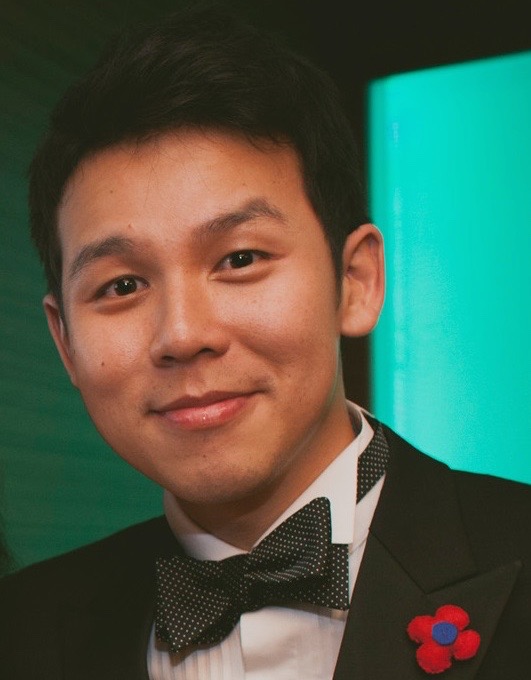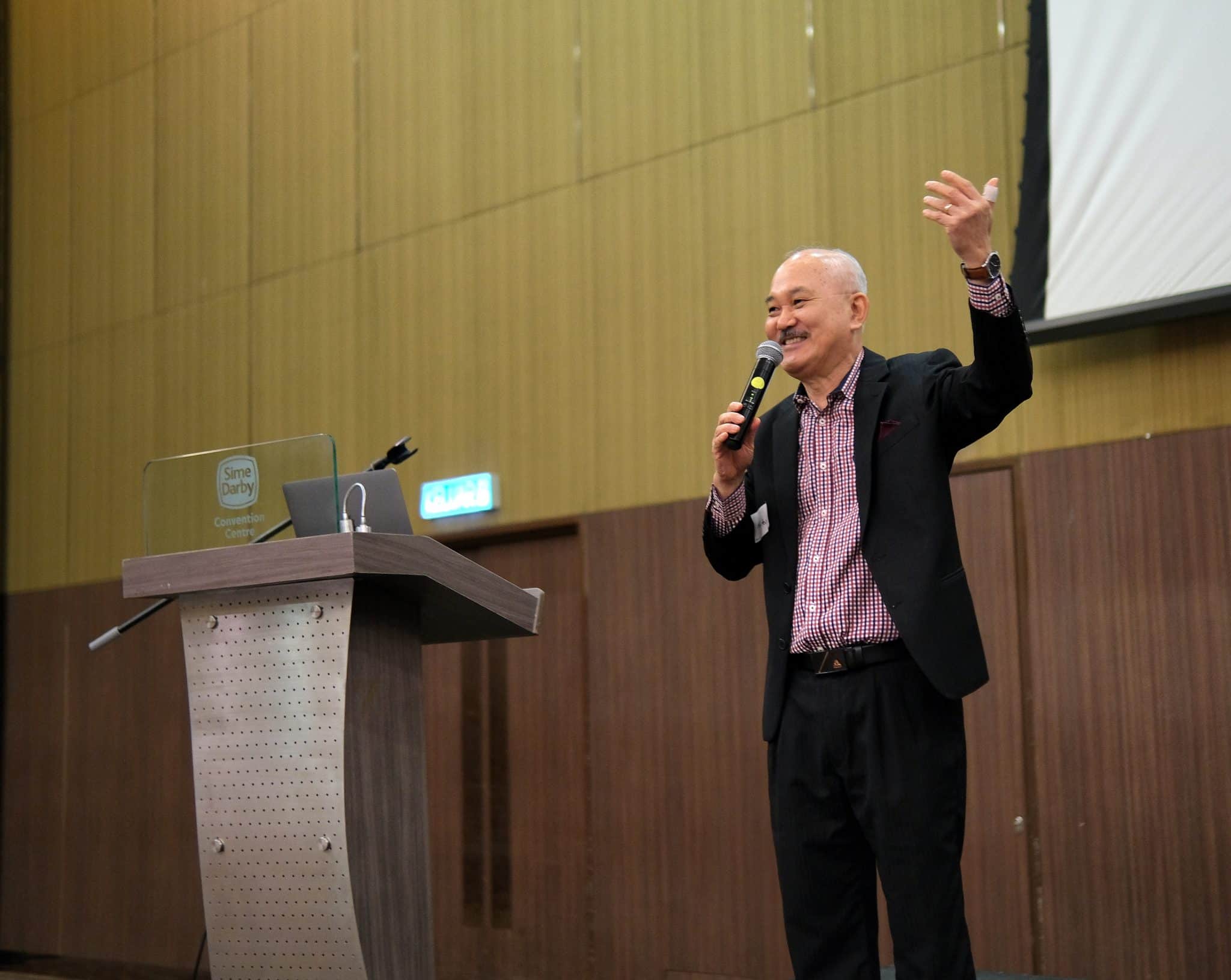
Photo by Sebastian Pichler on Unsplash
I am a lawyer.
But as a child, I proudly announced that my dream job was to busk on the streets. That story was often recounted by my mother to a few laughs.
This was not helpful in terms of life goals. When I was 18, many of my peers already had a sense of what they wanted to do with their lives. Everyone seemed to have it all sorted out, except me.
I considered every tertiary path, and stumbled clumsily into applying for law school at the behest of loved ones who insisted that there was some parallel between my love for arguing with them and a (possible) natural ability to argue in the courtroom.
I wasn’t too sure about that. And yet, if law school were the only anchor I could hold onto in a tumultuous sea of options, then I would take it.
Sound of silence
As time ticked on, and confirmations on university applications were being received all around me, I became desperate for my answer.
In the dearth, I had definite questions for God. But these only surfaced even more questions: What was I created for? What am I good at? What does God want me to do with my life, and where do I fit into, in the bigger picture?
I knew that my chances of getting in were less than slim. Law school applicants typically came from top schools and had straight As, and I was nowhere close. I wasn’t even sure if I had the aptitude to be a lawyer. Some close friends teased me: “You? A lawyer? Sure or not?”
When I finally cried out to God in my own secret place, there was a deep and unearthed part of me that truly met with God.
My deepest fears were confirmed when my application was rejected two years in a row. When I made a third and final attempt at applying in 2008, I was finally granted an interview.
As it turned out, I was rejected a third time. By then, my heart had become fixated on going to law school, even though I didn’t know why or what I wanted to do with a law degree.
My heart cried out to God: If not law, then what? And if law, then where? Are you even interested in what I do with my life?
I was a young Christian. All I knew was that “God’s will would be done”, that “nothing happens without His knowledge”, that He had “a plan” for me. Jeremiah 29:11, right? All this made sense in my head, but I didn’t seem to be experiencing it.
My unresolved issues brought me to a place of complete brokenness before God, where I had to come to terms with whether I truly believed He had a specific plan for my life.
I had to ask myself honestly if I believed that God did care, or if He had just left me to figure this part of life out on my own.
God behind the plan
Moses was a man equally lost (Exodus 2). He, too, probably struggled with the fact that he didn’t quite belong anywhere. He had neither suffered with his people, the Hebrews, nor did he carry the blood of the Egyptians in his veins, having been an adopted child of Pharaoh’s daughter.
Out of his own understanding of what was right, he acted on his instincts and killed an Egyptian soldier (Exodus 3:12). This backfired on him terribly, and prompted him to run away in fear, because he had acted without any certainty or conviction for why he did what he did.
Only when Moses found himself in the presence of God, by a burning bush in the wilderness (Exodus 3:2), did things change.
He changed. God showed that He knew the needs of a broken world (Exodus 2:25), and where Moses would fit into His grander scheme of meeting those needs.
I wasn’t putting my faith in a plan, but the God behind the plan.
But by then Moses had a different motivation, a different reason for being: He was in relationship with God.
When I finally cried out to God in my own secret place, there was a deep and unearthed part of me that truly met with God. My relationship with Him was brought to the forefront, and I was confronted with the question of whether I would trust that He is who He says He is – a God who loves me and invites me to trust Him.
I recall telling Him in that moment that I would submit to His will and take up the course of study offered to me, even if I could not see the bigger picture.
In that encounter, I came to understand that I wasn’t putting my faith in a plan, but in the God behind the plan.
Strangely enough, a few days later, I received a call from the law school that had rejected me earlier. They offered me a place which someone else had turned down.
I lifted my eyes to God in delight, asking: “Why did this come only now, Lord?”
In that quiet moment, I sensed God whispering tenderly to me: “Jon, now that you have learnt what it means to surrender your life to me and trust in my goodness towards you, you are ready to receive what I have planned for you.”
A benediction
In retrospect, I now see that the long journey was an act of God’s grace towards me. It was His way of giving me a reason for entering law school – Him.
As a close friend of mine, Ronald, said just days before we graduated from law school: “You did not choose law school; law school did not choose you. God chose both you and law school.”
You may identify with my journey. But nobody’s story is the same as anyone else’s. The path of surrender doesn’t always end with a phone call of acceptance.
That isn’t really the point.
God is teaching us to cultivate the discipline of stepping into, and not simply stumbling into our decisions, that we might learn to take ownership of those decisions. This is especially so when it involves calling and/or vocation.
The world around us focuses intently on what we do as the primary way of defining who we are. As a result, much of our decision-making on calling and vocation can arise out of insecurity, fear, or a need to find an identity.
God doesn’t define us by what we do.
Our primary call is one of relationship: Learning how to constantly return to our own burning bush, so that He becomes the only reason for why we do what we do.
We are an independent, non-profit organisation that relies on the generosity of our readers, such as yourself, to continue serving the kingdom. Every dollar donated goes directly back into our editorial coverage.
Would you consider partnering with us in our kingdom work by supporting us financially, either as a one-off donation, or a recurring pledge?
Support Salt&Light




